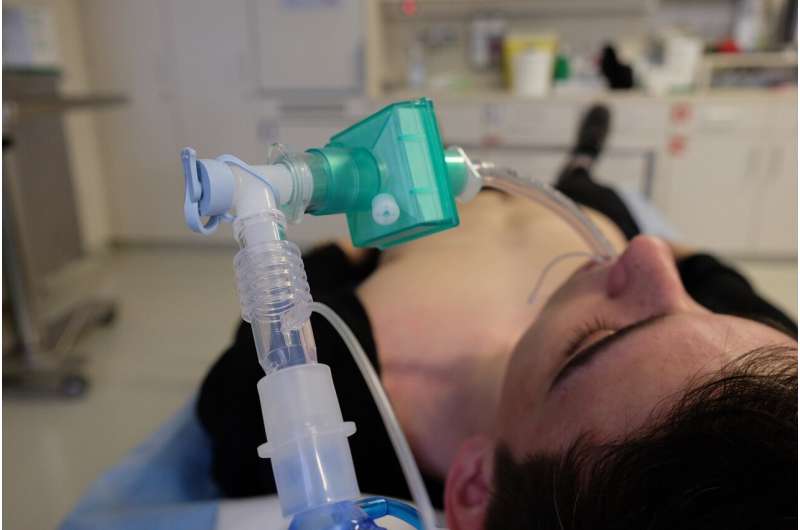Fetal Movements and Maternal-Baby Attachment: Insights from Recent Research

New research shows that fetal movements are strongly linked to the emotional bond between mother and baby, highlighting the importance of fetal activity in prenatal attachment and caregiving.
Recent studies have demonstrated a significant connection between fetal movements during pregnancy and the emotional bond formed between mother and baby. Researchers exploring this association have found that increased fetal activity correlates with stronger maternal-fetal attachment (MFA). Paying close attention to these fetal signals may serve as a simple and effective way to enhance prenatal bonding, which in turn fosters more attentive and emotionally sensitive caregiving after birth.
Fetal movements are among the earliest forms of interaction between the fetus and its environment, providing reassurance to pregnant women about the health and development of their baby. These movements also contribute to the emotional attachment process, helping expectant mothers create mental images of their unborn child and emotionally prepare for parenthood.
Previous research indicates that counting fetal movements can improve MFA scores, with women perceiving more fetal activity often exhibiting higher levels of maternal attachment. However, whether this perceived activity or actual fetal movements drive this attachment has been unclear.
To clarify this, a study led by Kathy Ayala and Helena Rutherford recorded fetal movements in 51 women during their third trimester using an objective measure called an actocardiograph. Maternal-fetal attachment was evaluated through the Prenatal Attachment Inventory-Revised questionnaire. The research, titled "Associations between fetal movement and maternal-fetal attachment in late pregnancy," was published in the journal Early Human Development.
The findings revealed a robust relationship: more active fetuses were associated with stronger maternal-fetal bonds. This connection persisted even after accounting for variables such as maternal mood, gestational age, parity, and knowledge of the baby's sex. These results underscore the role of fetal movements not just as health indicators but also as a form of fetal communication that bolsters emotional bonding.
Engaging with fetal movements—whether through observation or emotional response—can be a natural, non-invasive method to strengthen maternal-infant attachment even before birth. Such bonding has the potential to influence postnatal interactions, leading to more sensitive and responsive caregiving.
As Rutherford highlighted, their work advances previous research by using objective tools to measure fetal activity rather than relying solely on maternal perception. This approach provides a clearer understanding of how fetal movements influence the emotional connection, which is crucial for shaping healthy mother-infant relationships post-birth.
Understanding these early relational dynamics offers valuable insights into the perinatal period, emphasizing how internal psychological and physiological processes during pregnancy can profoundly impact child development.
Stay Updated with Mia's Feed
Get the latest health & wellness insights delivered straight to your inbox.
Related Articles
The Environmental and Clinical Benefits of Using Anti-Obesity Medications in Heart Failure Treatment
Recent research demonstrates that GLP-1 receptor agonists not only improve clinical outcomes in heart failure patients but also significantly reduce environmental impacts, including greenhouse gas emissions, medical waste, and water usage.
Enhanced Melanoma Risk Calculator Incorporates 16 Personal Traits and Regional UV Exposure
A new melanoma risk calculator now considers 16 personal factors and regional UV exposure to improve early detection and targeted prevention, aiding Australians in managing their skin cancer risk effectively.
Keto Diet and Aging: Different Impacts on Males and Females
New animal research reveals that the ketogenic diet may accelerate aging in males but not females, with estrogen playing a protective role. Learn more about the gender-specific effects and implications for humans.
Innovative Soft Robotic Device Promises Easier and Faster Intubation for Non-Experts
A groundbreaking soft robotic device has been developed to assist non-expert medical personnel in rapid and safe airway management, potentially saving countless lives in emergency situations.



